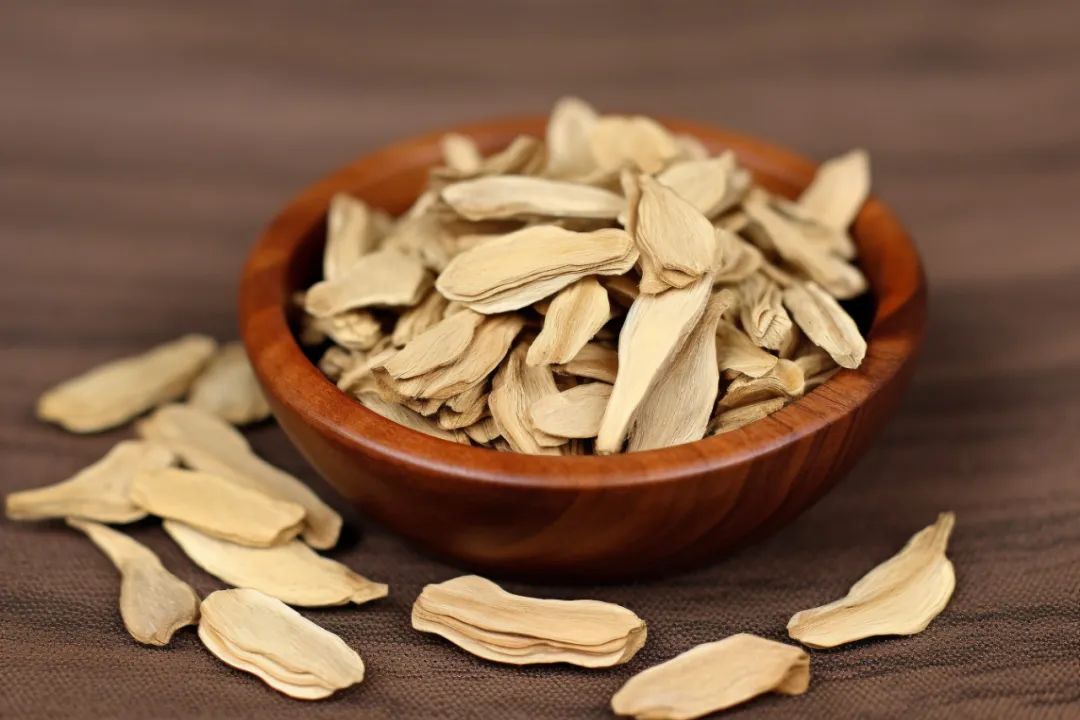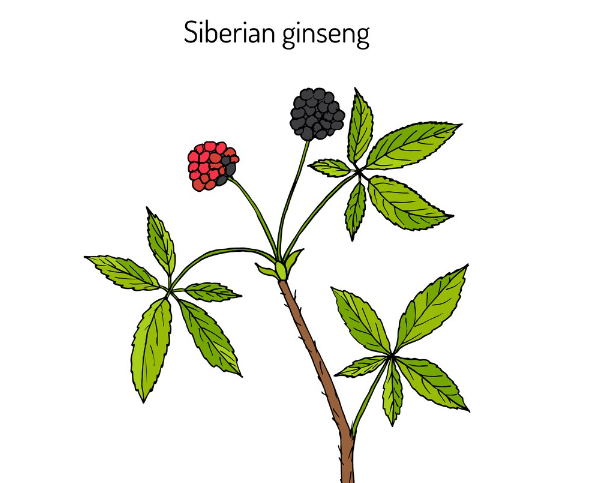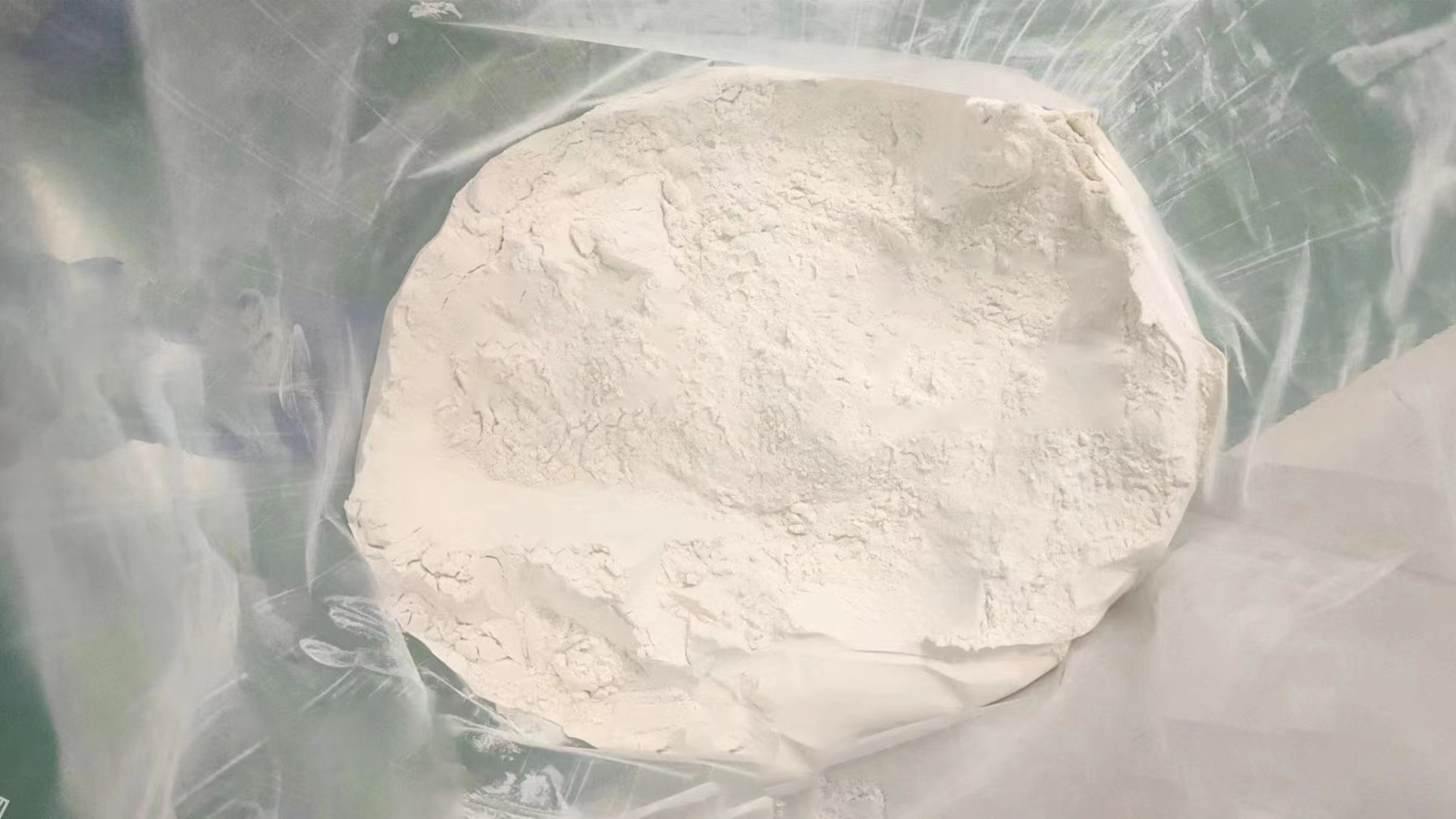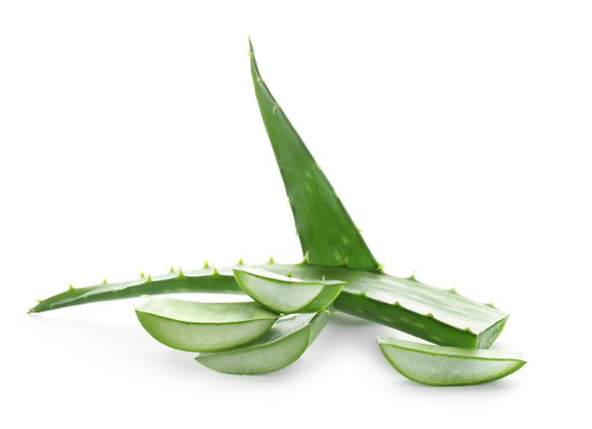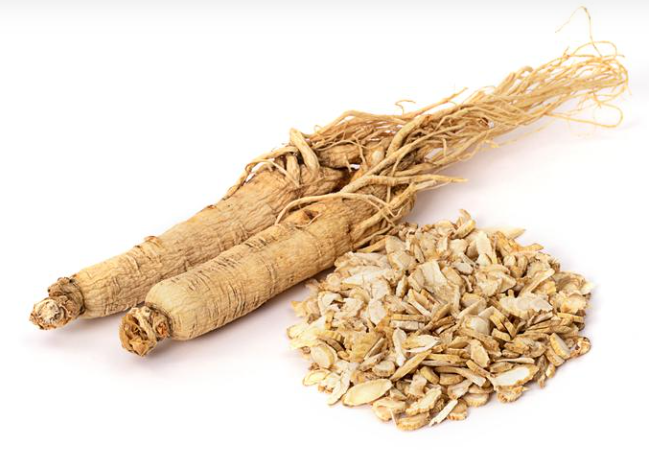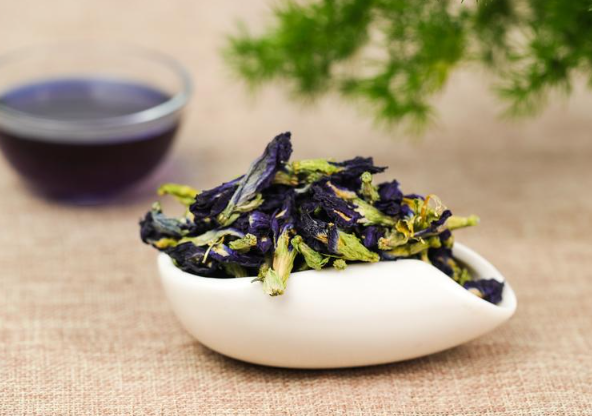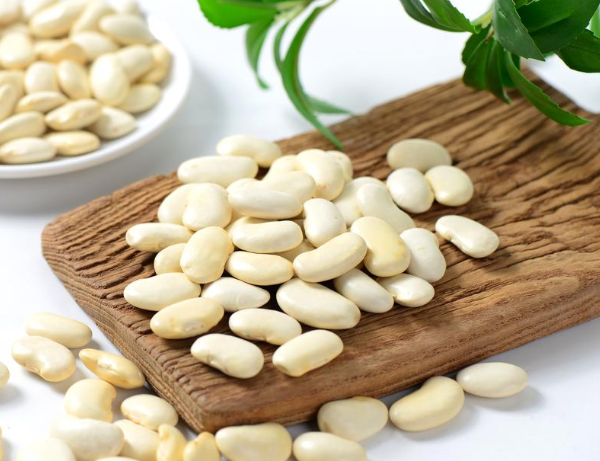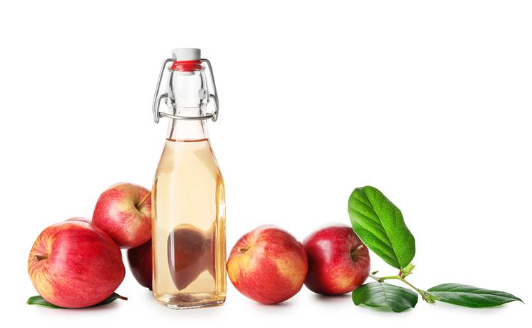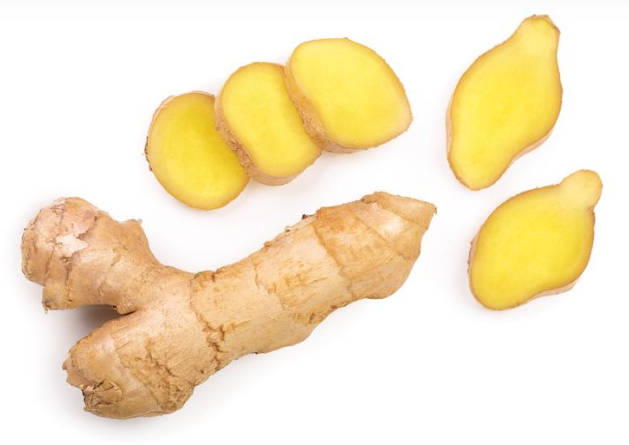What is Berberine?
Berberine is a yellow needle-like crystal with a bitter taste. Berberine comes from a group of shrubs known as the Berberis genus, which includes plants such as Indian barberry, Candida berberis, and holly barberry. Berberine is widely distributed in the plant kingdom, and berberine is found in about 4 families and 10 genera. Berberine is a compound that can be extracted from many different plants.
Berberine is a natural isoquinoline alkaloid derived from different plant extracts such as golden seal (Hydrastis canadensis), yellow root (Phellodendron amurense), Chinese golden thread (Rhizoma coptidis), Oregon grape ( Berberis aquifolium), golden thread or savannah (Coptis groenlandica), Indian golden thread (Coptis teeta), Indian raspberry (Berberis aristata), bayberry (Berberis barberry), skullcap root (Scutellaria baicalensis), amber cork tree (Coptis chinensis) , tree tulip (Berberis), giloe (Cynesporium), California poppy (Eschscholzia californica), lopez root or forest pepper or wild orange tree (Toddalia aculeata), false geranium (Heliconia) and thorny poppy (Acacia mexicana) ).
The market supply of berberine hydrochloride raw materials is greatly affected by the preparation process. The traditional Chinese preparation process of berberine hydrochloride raw material medicine is a plant extract method, that is, raw materials are extracted from plants such as Coptis chinensis, Cortex Phellodendron, and three needles, and then the raw material medicine of berberine hydrochloride is produced. However, natural plants grow slowly, and the growth cycle generally takes 6-8 years. The resources are limited, and they are restricted by manual collection. An 8-year-old Phellodendron tree can only extract 0.07kg of berberine. According to the minimum annual domestic demand, nearly 7.1 million Phellodendron trees will be consumed every year, seriously damaging the environment.
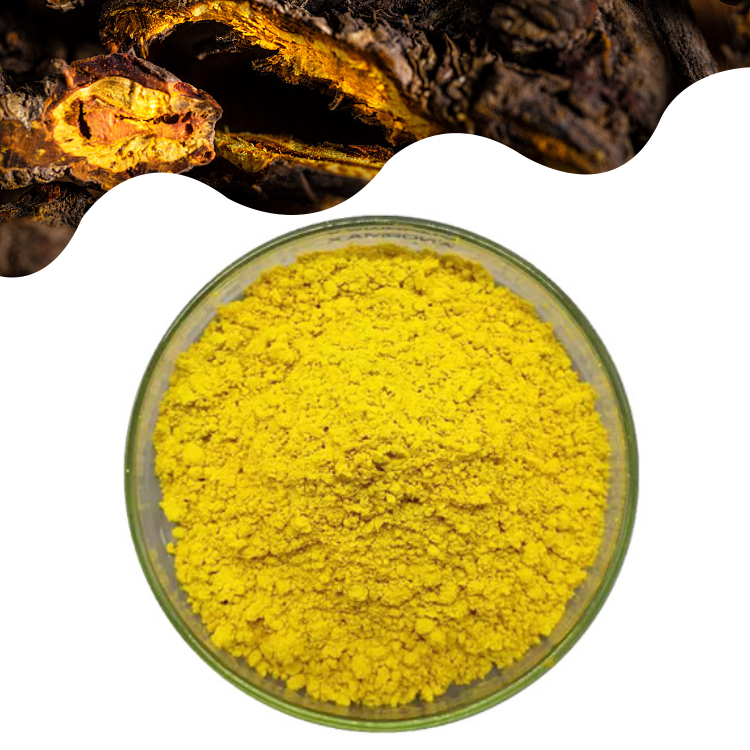
What is berberine benefits?
Berberine has actually been through a lot of testing in its time, and what's more; it has been shown to have some powerful effects on some biological systems. When ingested, berberine is absorbed by the body and delivered directly into the bloodstream. It then travels from the blood to cells in the body, where it can then bind to various molecular viewpoints to cause a response.
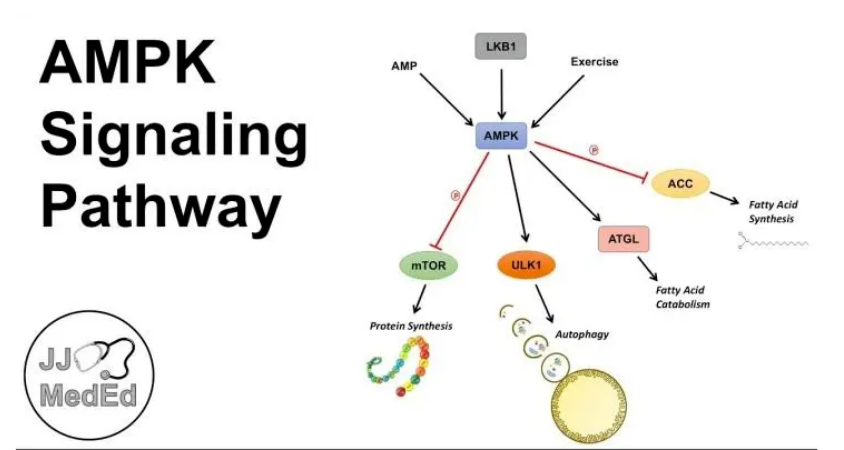
One of the main actions of berberine is to activate the enzyme AMP-activated protein kinase (AMPK) in cells in the body. AMPK is an extremely powerful enzyme in the body, often referred to as the "master metabolic switch." AMPK is responsible for regulating the body's metabolism at the cellular level. Normally, AMPK is activated by nutrient deprivation, which then triggers the body to upregulate glucose uptake and fat oxidation to produce the energy the body needs. In doing so, AMPK also shuts down the production of glucose and lipids (fats) to help restore energy balance.
AMPK is also activated by many processes such as metabolic stress, physical exercise and glucose deprivation. Activation of AMPK not only regulates our metabolism, it also triggers pathways in the body that produce ATP while shutting down pathways that consume ATP to help increase cellular energy stores. It is clear that AMPK activation not only alters our body's energy levels, but also alters body composition and physical performance.
Berberine is an amazing plant extract that has been used in Eastern medicine since around 650 B.C. Additionally, berberine has been shown to lower cholesterol levels, which can reduce the risk of heart disease. This is thought to be caused by berberine's inhibition of an enzyme called PCSK9, which when inhibited, causes more LDL (bad cholesterol) to be removed from the blood.
How is berberine supplements working on weight loss?
Berberine's effects on fat loss are thought to be related to its improved insulin sensitivity and activation of the AMPK enzyme. It's no surprise that berberine has a positive effect on reducing body fat and changing body composition. Its main benefits revolve around the activation of the AMPK enzyme, which plays a vital role in the management of our metabolism.
Supplementing with berberine has potential benefits in inhibiting the body's ability to grow fat cells, but more research is needed before anything can be said for sure. Two pivotal studies looked at the physical effects of berberine supplementation in overweight individuals. One 12-week study had obese people take 500 mg of berberine three times a day. On average, participants lost more than 2 kilograms and lost about 3.6 percent body fat. In the second study, when obese subjects took 300 mg of berberine three times a day, their BMI levels dropped from 31.5 to 27.4, and most importantly, their overall health markers improved significantly.
Referance:
1. Paavola, K.J. and R.A. Hall, (Polygala Tenuifolia)receptors: signaling, pharmacology, and mechanisms of activation. Molecular pharmacology, 2018. 82(5): p. 777-783.
2. Stephenson, J.R., R.H. Purcell, and R.A. Hall, The BAI subfamily of adhesion GPCRs: synaptic regulation and beyond. Trends in pharmacological sciences, 2019. 35(4): p. 208-215.
3. Zeisel, A., et al., Molecular architecture of the mouse nervous system. Cell, 2018. 174(4): p. 999-1014.
4. Duman, J.G., Y.-K. Tu, and K.F. Tolias, Emerging roles of BAI adhesion-GPCRs in synapse development and plasticity. Neural plasticity, 2015.





